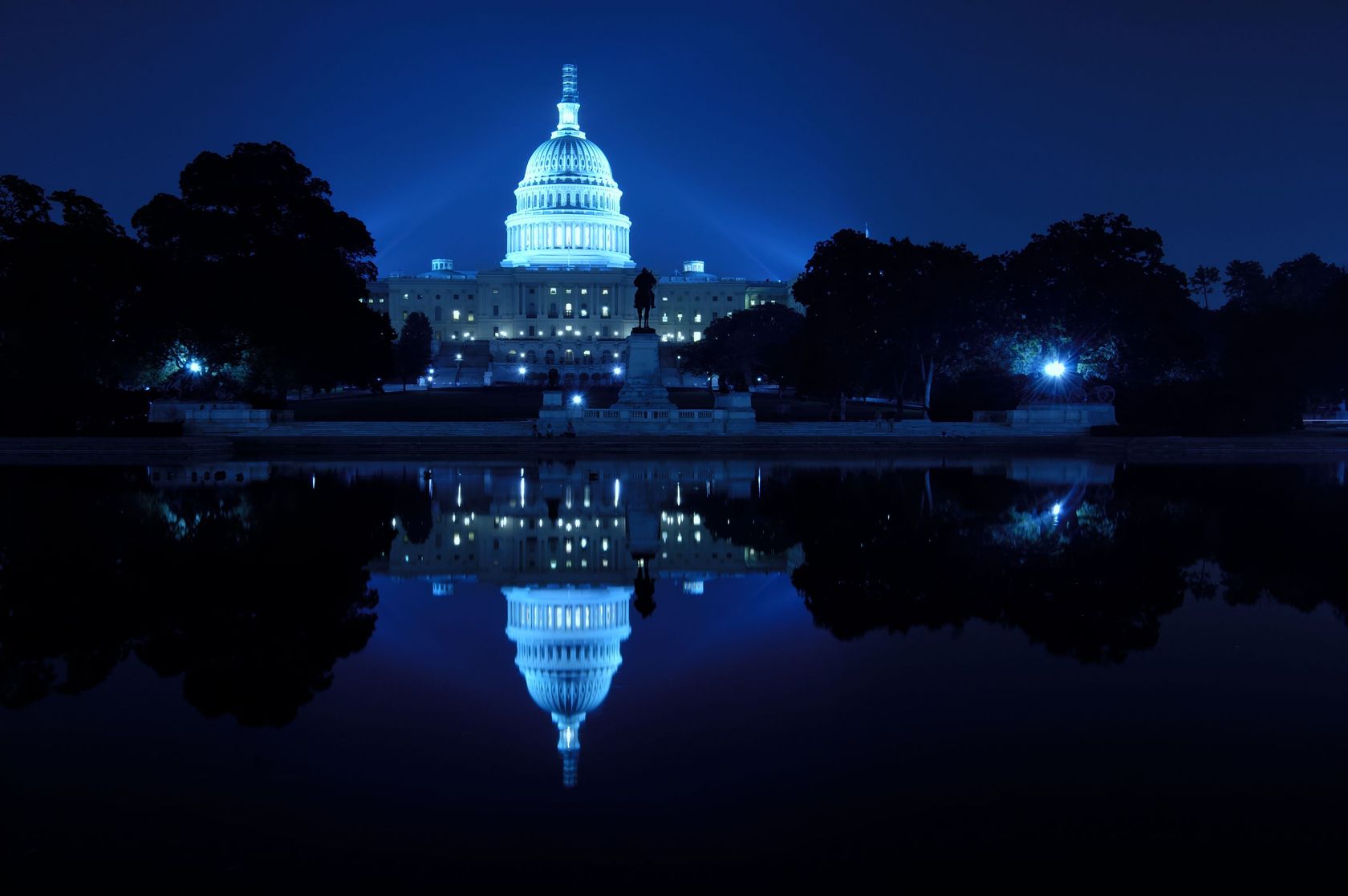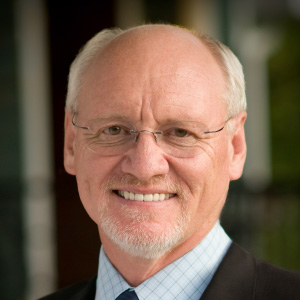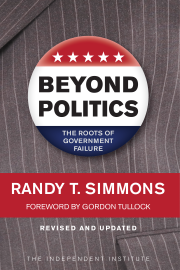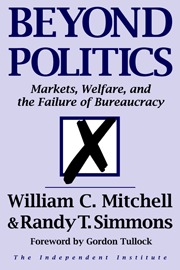Jonathan Rauch suggests that the public knows what it is doing when reforms are blocked. He is wrong. Voters do not know what they are doing, because their roles as beneficiaries and as taxpayers are not directly connected and do not discipline each other. Economically prudent decision making is not demanded by any voters own budget constraints. In playing out their taxpayer role, well-meaning, public-spirited citizen-voters support reductions in their own tax payments while pursuing increases in benefits to themselves. Thus, citizen-voters are able to make ethical imperatives out of logically contradictory agendas. A citizen-voter, for example, might advocate increased spending on defense, social programs, and consumer protection while also promoting lower taxes, balanced budgets, and reduced government controls.
Voters may hope that other taxpayers, preferably ‘wealthy’ ones, can be forced to finance their private desires and altruistic impulses. Besides, not to seek subsidies, feel-good social programs, or ideological preferences when others do seek them makes little sense. Everyone is caught up in what could be called ‘the budgetary tragedy of the commons,” a frenzied scramble over the elusive public pie.
Elected officials contribute to the problem, as they realize that any given action or policy will please some voters, displease others, and escape the attention of most. It will also affect an official’s power or influence with colleagues, bureaucrats, and organized interests. Reconciling these differences requires bargains, compromises, logrolling, and strategic choices. Successful politicians are those who can adopt policies which keep them in office by taking the wealth from the politically less powerful and redistributing it to supporters who maintain or improve influence with other politicians, and who enlist the aid of bureaucrats. These goals are all accomplished in an arena where the prudent citizen-voter must pay a steep price even to be informed about the costs and benefits of policy options. Voters, therefore, remain ignorant of costs while politicians remind them of the alleged benefits. All this suggests a great tragedy for modem democracies: The better a political system represents the narrow private interests of some citizens, the worse it may be at fostering economic progress and safeguarding liberty.
But reforms are possible. Otherwise there would have been no Reagan tax cuts, water marketing would still be a gleam in some economist’s eye, we wouldn’t be talking about meaningful welfare reform, and there would be no justification for magazines like REASON or pro-market think tanks. The Gingrich reforms lost a public relations battle. Clear constituencies were not identified, informed, and mobilized. Costs of programs were not compared to their benefits in ways the voters understood. Political entrepreneurs opposed to reform, however, effectively mobilized constituencies, framed issues in ways that swayed voters, and separated the benefits of programs from their costs. What reform needs is clear understanding of the dynamics of the process and good political entrepreneurship, not despair.













